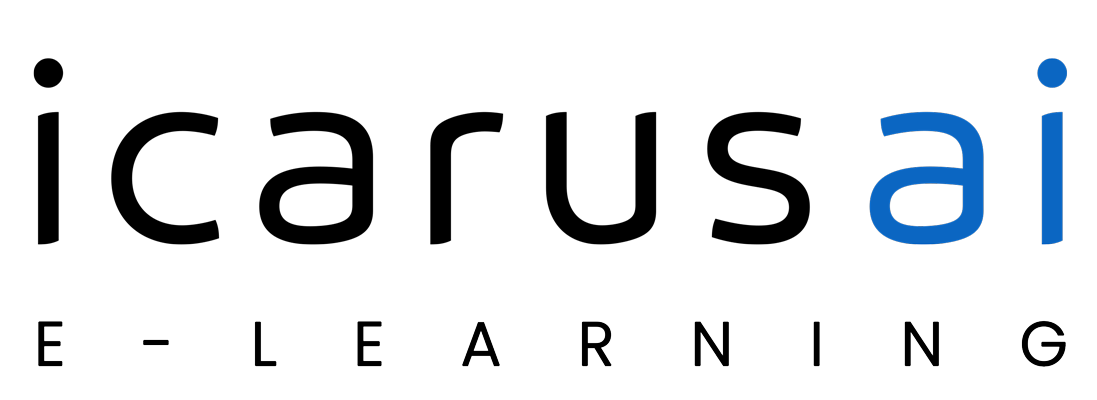The Flaw in the Pipeline: A Human Capital Crisis
The global mission to achieve SDG 6 (Clean Water and Sanitation) by 2030 is fundamentally stalled, not by a lack of capital or pipes, but by a catastrophic human capital deficit. We continue to prioritize funding hardware (physical infrastructure) over funding capacity (local knowledge and competence). This imbalance leads to vast inefficiency and eventual system failure.
At ICARUS AI, our analysis, reveals a stark truth: every dollar invested in a physical asset is temporary unless matched by a dollar invested in accessible, verified human skill.
The Core Disconnect
The failure to integrate education into water projects manifests in several critical ways that hinder progress across the entire SDG portfolio:
- Disaster-Capacity Lag: Extreme climate events immediately trigger water system failures and contamination. Communities lack the capacity for predictive risk management or post-disaster maintenance, slowing recovery and exacerbating the crisis.
- Knowledge-to-Action Bottleneck: Multilateral resolutions and technical manuals rarely translate into verifiable local action. This is a profound failure of multilingual accessibility and digital literacy at the community level.
- The Undervaluation of Water: Without local managers trained in advanced water accounting and wastewater reuse economics, water is treated as a free or undervalued commodity, undermining sustainable management and efficiency gains (SDG 6.4).
Bridging the Gap: Education as the Digital Infrastructure
The path to water security is through equitable, AI-powered competence (SDG 4). We must treat educational technology as the vital “software” layer required to run the “hardware” of water infrastructure.
The ICARUS AI Strategic Solution
Our approach is to establish a Digital Capacity Layer that solves the operational challenges of the Water-Education Nexus:
- AI-Powered Capacity Kits for Resilience (Water for People & Planet): We deploy mobile-first, offline learning modules to vulnerable, climate-displaced, and rural populations. These kits provide AI-powered multilingual training on DRR protocols, water safety, and emergency system maintenance. This action converts high-risk groups into resilient first-responders.
- Verifiable Competence for Prosperity (Water for Prosperity): We partner with utilities and industry to deploy adaptive learning pathways that train engineers and managers in verifiable skills like predictive maintenance and WEF Nexus optimization. By linking skill acquisition to verifiable completion data, we mitigate the risk of asset failure and drastically increase water-use EFFICIENCY.
- Mandatory Multilateral Data Integrity (Water for Cooperation): We advocate that transboundary agreements and IGO partnerships mandate the use of AI-powered multilingual platforms for shared hydrological and scientific data. This eliminates linguistic friction, builds GOVERNANCE trust, and ensures that all stakeholders—from scientists to local policymakers—are operating from a single, unified, and immediately accessible source of truth.
The Transformative Action for 2030
The one transformative action required is a systemic shift in investment policy:
Governments and International Financial Institutions (IFIs) must formally require that all financing for water, sanitation, and related infrastructure projects (Goals 6, 7, 9, 11) includes a dedicated, mandatory budget for verifiable, accessible digital capacity development.
This ensures that the massive investments in physical assets are sustainable, that local expertise is recognized and amplified, and that the human right to water is backed by the right to know how to protect it. This is the INTEGRATION necessary for the 2030 Agenda.
The future of water security depends on the resilience of human knowledge. Let’s invest in the only infrastructure that truly lasts: the mind.

